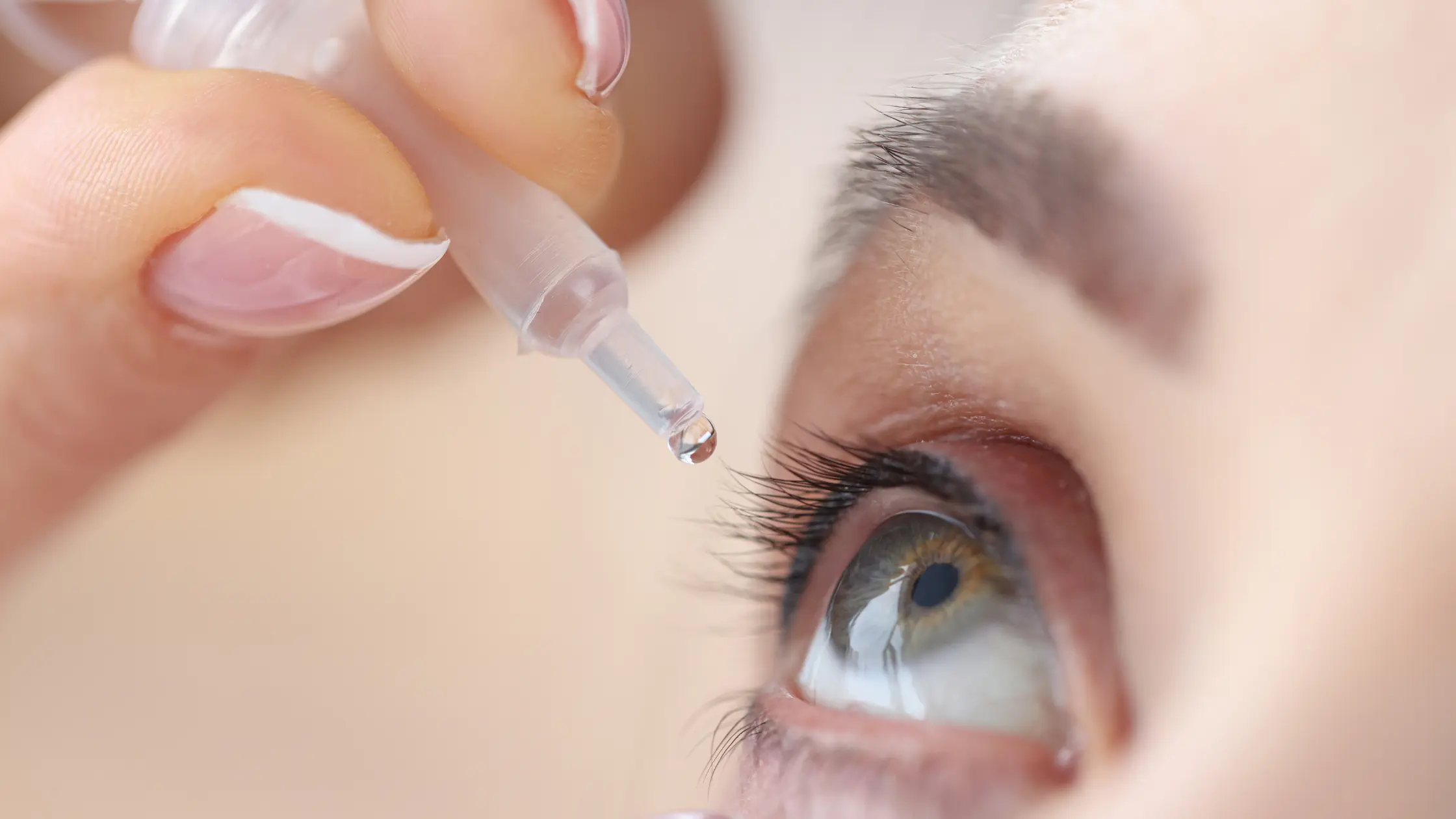Eye health is a fundamental aspect of our quality of life, and while factors such as age, lifestyle, and the environment play an important role, genetics occupies a central place in how we see the world… literally. The genetic revolution has transformed medicine, offering unprecedented insights into eye diseases that affect millions of people around the globe. This article delves into the importance of genetics in eye health, exploring how it can influence the risk of developing certain conditions and how genetic testing is redefining the diagnosis and treatment of eye diseases.
The Intersection of Genetics and Eye Health
Genetics plays an undeniable role in eye health, influencing not only inherited characteristics like eye color but also predisposition to eye diseases. Diseases such as age-related macular degeneration (AMD), glaucoma, cataracts, and diabetic retinopathy all have a significant genetic basis. Understanding the genetic contribution to these conditions not only helps us identify individuals at risk but also personalize treatment and prevention strategies.

The Genetic Influence on Eye Conditions
Certain hereditary eye diseases, like retinitis pigmentosa and corneal dystrophy, demonstrate how specific gene mutations can result in eye pathologies. These often debilitating conditions vary in their presentation and severity but share a common feature: genetic alteration as their origin. Identifying these mutations through genetic testing allows for accurate diagnosis, crucial for proper disease management.
Advances in Genetic Testing and Their Impact on Ophthalmology
The era of genomics has brought significant advances in genetic testing, allowing ophthalmologists to go beyond symptoms to understand the genetic root of eye diseases. These tests not only facilitate early and accurate diagnosis but also open the door to personalized treatments and genetic counseling for affected families. These advances in genetics have allowed the development of a wide range of genetic tests specific for various eye conditions. These tests range from retinal dystrophies to complex syndromes affecting vision, allowing for more accurate diagnosis, treatment planning, and appropriate genetic counseling for patients and their families.

Some Examples of Genetic Tests in Ophthalmology
1. Blueprint Genetics offers an extensive catalog of genetic panels aimed at specific eye disorders, such as:
- Panel for Achromatopsia and Albinism: Focused on conditions that affect color perception and ocular pigmentation.
- Panel for Bardet-Biedl Syndrome and Cataracts: Aimed at conditions causing complex and degenerative vision problems.
- Panel for Cone-Rod Dystrophies and Stationary Night Blindness: Focused on disorders that impact the ability to see in low light or affect central and peripheral vision.
- Panel for Corneal Dystrophies and Ectopia Lentis: For diseases affecting the transparency and position of the lens.
- Panel for Retinitis Pigmentosa and Usher Syndrome: These address hereditary disorders that cause vision loss and, in the case of Usher Syndrome, hearing loss.
In addition to these, there are specific panels for glaucoma, maculopathies, and vitreoretinal dystrophies, among others, that allow for personalized diagnostic and therapeutic approaches based on the individual’s genetic makeup.
2. Genotica is another platform that offers access to a wide variety of genetic tests, with more than 1171 tests aimed at multiple pathologies, including eye diseases. These tests can serve for the diagnosis of specific conditions, determining the risk of developing certain diseases, and guiding genetic therapy or pharmacological treatment based on the individual’s genetics.
The Importance of Genetic Tests in Ophthalmology
The implementation of genetic testing in ophthalmological practice allows for:
- Accurate Diagnosis: It facilitates the distinction between diseases with similar symptoms.
- Genetic Counseling: Helps families understand the risk of inheriting or transmitting eye conditions.
- Access to Novel Therapies: Some genetic eye conditions may be eligible for experimental or recently approved genetic therapies.
The choice of a genetic test should be guided by a genetics specialist or an ophthalmologist, who can interpret the results in the context of the patient’s clinical picture and family history. Genetics in ophthalmology is not only transforming the diagnosis and treatment of eye diseases but also opens the door to new possibilities in the prevention and management of these conditions.
Personalizing Treatment through Genetics
The personalization of treatment based on genetics is perhaps one of the most exciting advances in eye medicine. For example, in patients with certain types of glaucoma, knowing the specific genetic mutation can guide the selection of medications or the need for surgical intervention. Additionally, gene therapy, which seeks to correct or compensate for defective genes, offers hope for conditions previously considered untreatable.
The Role of Genetic Testing in the Diagnosis and Management of Eye Diseases
Genetic testing provides an invaluable tool in the diagnosis of eye diseases, especially those with symptoms similar to other conditions. Identifying the specific genetic mutation can confirm the diagnosis of hereditary diseases and facilitate the appropriate clinical management. Moreover, these tests are essential for genetic counseling, allowing families to understand the risk of transmission to future generations.
Looking Towards the Future: The Promise of Gene Therapy and Beyond
Research in genetics and gene therapy continues to advance by leaps and bounds, promising innovative treatments for a variety of genetic eye diseases. With each discovery, we come closer to a future where vision loss due to hereditary conditions can be prevented or even reversed. This progress has the potential not only to transform the lives of those with hereditary eye diseases but also to revolutionize our overall approach to eye health care.
Finally, genetics plays a central role in our understanding of eye health, from predicting disease risk to personalizing treatments. As we advance in our knowledge and technology, genetic testing becomes an increasingly important tool in the fight against eye diseases. By embracing these advances, we can offer hope to those affected by genetic eye conditions and work towards a future where clear vision is accessible to all. Genetics is showing us the way; it’s up to us to follow it.
This journey through genetics and eye health not only illustrates the impact our genes have on our vision but also the transformative potential of genetic testing in ophthalmic medicine. As we continue to explore the vast genetic landscape, the possibilities for prevention, diagnosis, and treatment of eye diseases seem almost limitless, offering us a window into a future where eye health is more personalized, effective, and hopeful than ever.






